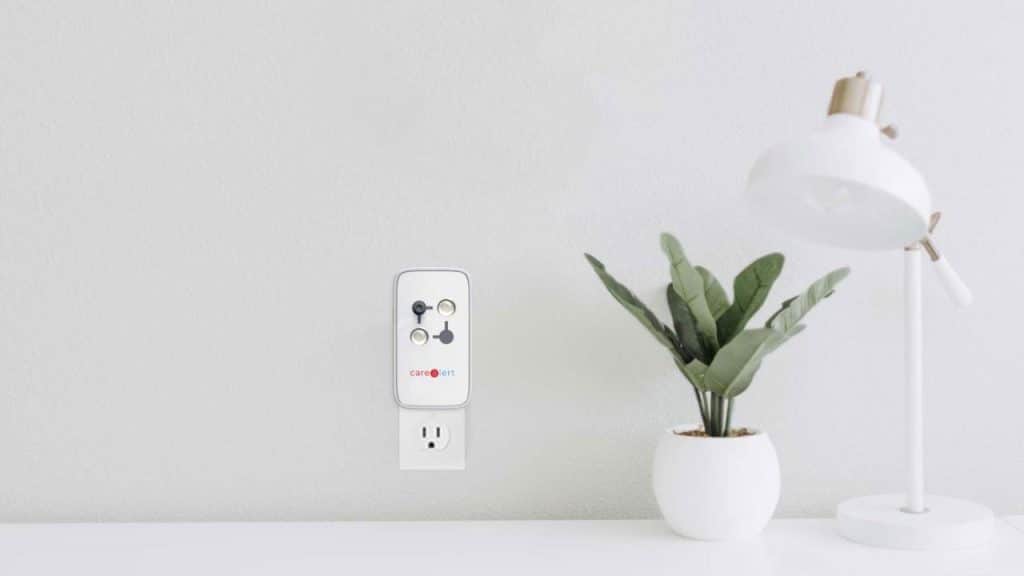Historically speaking, finding care for elderly relatives wasn’t a huge concern. There are a few reasons for that, including the fact that people didn’t generally live as long. In addition, it used to be much more normal for every generation of a family, plus all the aunts and uncles and cousins, to live together. Today, when we’re often spread across wide distances with work and other obligations, it’s much harder to stay connected. That’s why SensorsCall developed CareAlert (https://longevity.technology/news/aip-trailblazer-5-sensorscall/).
Most of the time, we don’t need to be in immediate contact with our loved ones. The occasional text or e-mail can suffice, maybe with a video call when you want to see them face-to-face. If you have elderly relatives, however, a period of silence can be worrying. Are they too busy for you, or are they lying on their bathroom floor unable to cry for help?
Even those older people who are comfortable with phones and computers aren’t necessarily going to be able to use them if they’re injured. What’s needed is some kind of automatic alert that can keep family and carers informed if something goes wrong without intruding on anyone’s privacy. If there’s no alert, you can feel reassured that your loved one is still doing okay.
CareAlert avoids intrusive cameras or recording devices, but it does manage to monitor not just the individual but their surrounding environment and the interactions between the two. Compact, self-contained CareAlert devices, each with their own battery and removable power adapter, can be placed around the home. The sensors will not just pick up on environmental changes in things like temperature and humidity but will send the data to the cloud for analysis.
The analysis is conducted by AI. This means it can identify the person’s habits, learning from their regular movements and activities what’s normal and what is a variation. If something doesn’t fit with their regular behavior, that’s when it sends out a message to the designated person(s). For an even more accurate and personalized performance, it can be programmed with information from the individual’s medical history so it knows if there are specific risks that need monitoring.
With the growing number of older people needing support but still wanting to live as independently as possible, devices like CareAlert are likely to become even more sought after in the future.




